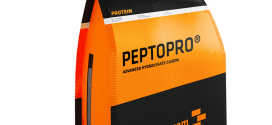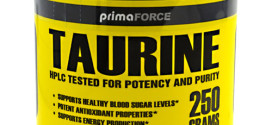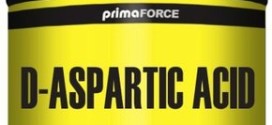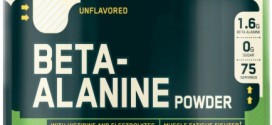Supplement Ingredient Guide: ZMA
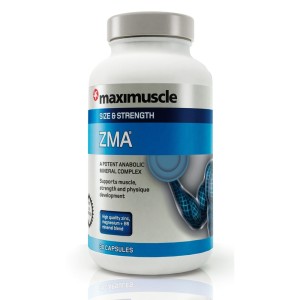
What is it?
ZMA is a supplement which combines zinc, magnesium and aspartate (vitamin B6). It’s very popular amongst athletes of all types.
Indications
ZMA is indicated for those looking to naturally increase their testosterone levels, but also for those with zinc and magnesium deficiencies. It is also indicated for those looking to increase muscle strength, endurance and anaerobic power.
How much should I take?
A standard ZMA supplement should contain Zinc 30mg (as l-monmethionine and aspartate), Magnesium 450mg (as magnesium aspartate), and Vitamin B6 11mg (as pyridoxine HCL) per serving. You are advised to take it between 30-60 minutes prior going to sleep on an empty stomach.
Research
Both zinc and magnesium are crucial elements needed by the body for a broad range of biochemical processes. Prolonged exercise can lead to a deficiency of both leading to a possible negative impact from excessive exercise.
Zinc supplementation may be beneficial for increasing serum testosterone levels in mildly zinc deficient men whilst magnesium may be of benefit for strength training. It was also noticed that SMA supplementation leads to increased levels of IGF-1 (insulin growth factor), and strength gains in a group of resistance training off-season footballers. Although these results haven’t been duplicated since the initial research with the same extent. It was concluded that ZMA did significantly increase zinc or magnesium status or positively affect the training adaptations of experienced strength trained men with a normal zinc status.
As a result, in light of recent literature, ZMA is not suggested as a sport supplement due to the lack of evidence on its efficiency.
Side effects
ZMA is deemed to be safe and free from side-effects. However, one should be careful if it’s consumed alongside a multivitamin containing more zinc since this would inhibit the absorption of copper leading a deficiency.
References
Brilla LR, and Conte V (2000) Effects of a novel zinc-magnesium formulation on hormones and strength. J Exerc Physiol Online 2000, 3:26-36.
Brilla LR, and Haley TF (1992) Effect of magnesium supplementation on strength training in humans.J Am Coll Nutr 1992, 11:326-329.
Córdova A, and Navas FJ. (1998) Effect of training on zinc metabolism: changes in serum and sweat zinc concentrations in sportsmen. Ann Nutr Metab. 1998;42(5):274-82.
Prasad AS, Mantzoros CS, Beck FW, Hess JW, and Brewer GJ (1996) Zinc status and serum testosterone levels of healthy adults. Nutr 1996, 12:344-8.
Wilborn CD, Kerksick CM, Campbell BI, Taylor LW, Marcello BM, Rasmussen CJ, Greenwood MC, Almada A, Kreider RB. (2004) Effects of Zinc Magnesium Aspartate (ZMA) Supplementation on Training Adaptations and Markers of Anabolism and Catabolism. J Int Soc Sports Nutr. 2004 Dec 31;1(2):12-20. doi: 10.1186/1550-2783-1-2-12.
 Supplement Judge Unbiased Supplement Reviews – Do they really work??
Supplement Judge Unbiased Supplement Reviews – Do they really work??

